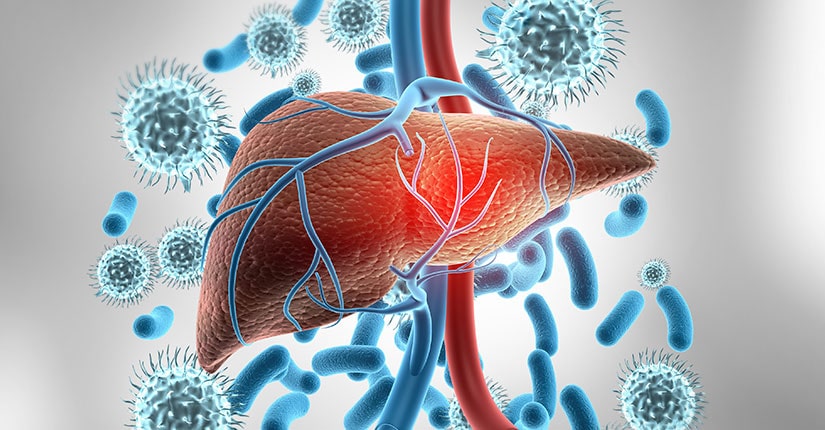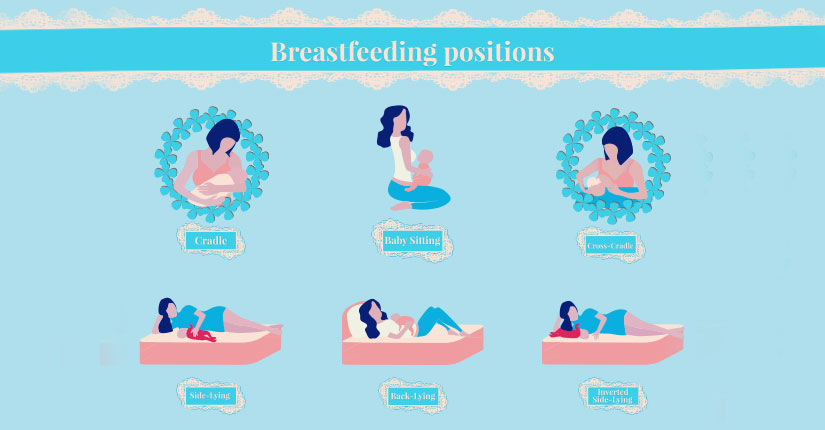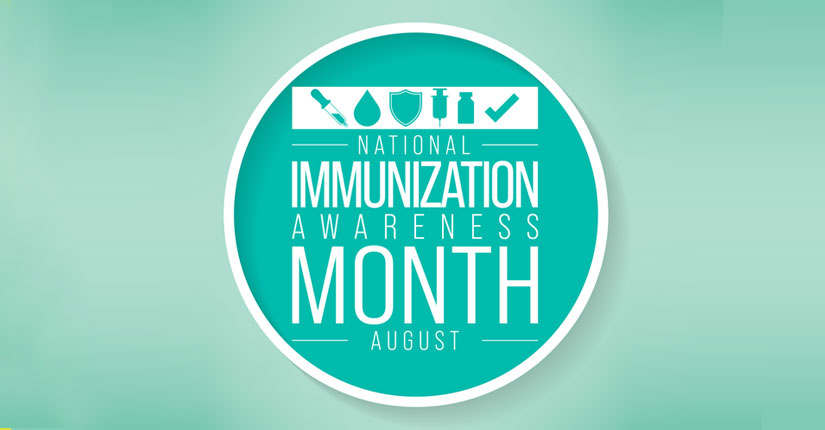4 Things All You Need To Know About Hepatitis
By Nmami Agarwal 27-Jul 2021 Reading Time: 6 Mins

Do you know what the meaning of the word Hepatitis is? “Hepat” means liver and “itis” means swelling. Hence, it means swelling of the liver. Hepatitis is a condition in which there is an inflammation of the liver when tissues in the body get injured or affected. This condition will affect the overall functioning of the liver depending upon the severity of the disease.
Types of Hepatitis:
Hepatitis can be an acute infection or a chronic infection. Chronic Hepatitis is a silent killer and can go undetected for years which will cause severe damage to the liver. Chronic hepatitis can lead to complications such as Cirrhosis (inflammation of the liver and tissue thickening), liver failure, and liver cancer. Among the types of Hepatitis viruses – A, B, C, D & E, the vaccine is available for only Hepatitis A & B till now. While Hepatitis A and E are transmitted by the consumption of contaminated food, Hepatitis B and C are transmitted by blood transfusion, unprotected sex, and tattoos. Hepatitis D occurs only when the person is already suffering from Hepatitis B.
Irrespective of the types of Hepatitis, let’s see the early signs and symptoms.
Signs & Symptoms of Hepatitis:
- Loss of appetite
- Fever
- High coloured urine
- Jaundice (yellow skin and eyes)
- Nausea
- Vomiting
- Enlarged and tender liver
- Unexplained weight loss
- Pale stool
- Abdominal pain
Treatment:
Treatment options depend on which type of hepatitis you have and whether the infection is acute or chronic.
- Hepatitis A – Hepatitis A is a short-term disease and it does not require any such treatment. However, bed rest may be advised in cases of extreme discomfort. Hepatitis A can be prevented by vaccines. Children between the age of 12 and 18 months are given two vaccine shots to prevent the condition.
- Hepatitis B – Acute hepatitis B does not require any specific treatment but chronic hepatitis B is treated with antiviral medications. The treatment for hepatitis B continues for several months or years, and hence, it can be expensive. Moreover, a person undergoing such treatment needs to be closely monitored to check the response of the medications. Three vaccination doses for hepatitis B are recommended for all newborns over the first six months of childhood.
- Hepatitis C – Both acute and chronic forms of hepatitis C need antiviral medications. So, hepatitis C is curable or treatable. People with chronic hepatitis C need to be monitored closely. In case, chronic hepatitis results in liver cirrhosis, such patients might need to go for a liver transplant on the doctor’s consultation.
- Hepatitis D – At present, there are no antiviral medicines for the treatment of hepatitis D. However, the only way to prevent hepatitis D is by getting vaccinations for hepatitis B as hepatitis D cannot develop without an infection with hepatitis B.
- Hepatitis E – Currently no medical treatment is available for Hepatitis E. This infection is often acute so it resolves on its own. People with this infection are advised to take proper rest, good fluid intake, and a healthy diet and to avoid consumption of alcohol.
Prevention:
- Hygiene is the key. Avoid consuming contaminated food and water. Especially from the places where hygienic measures are not taken properly while handling the food.
- Timely check-ups of Hepatitis B and C can help to pick the cases early and allows treating them at an early stage.
- All pregnant women should be checked for Hepatitis B status to prevent this virus from spreading to the newborn.
- Unprotected sex and intravenous drug abuse should be avoided.
- Since the vaccine is available only for Hepatitis A and B, people at high risk like health care workers must get vaccinated as early as possible.
Over to you:
Prevention is better than cure. It is advised to note the early signs and symptoms of Hepatitis to decrease the risks of major liver ailments. Hygiene, a good diet, and vaccination are the key to avoiding Hepatitis. Consult your doctor, if necessary.





















